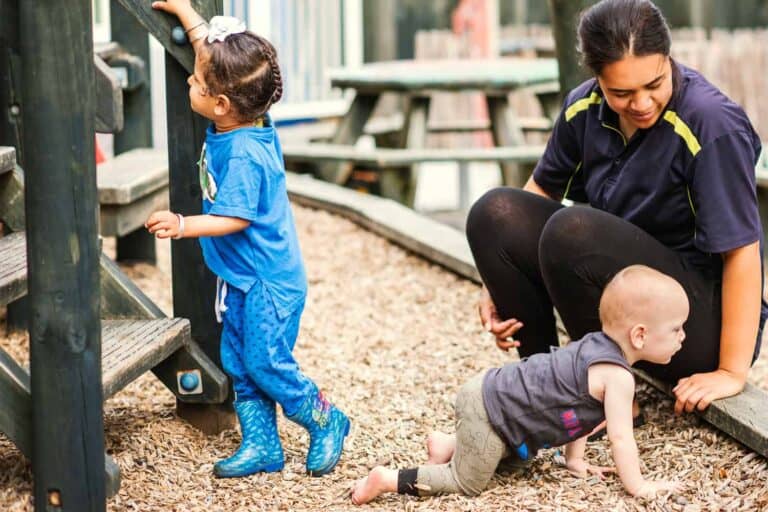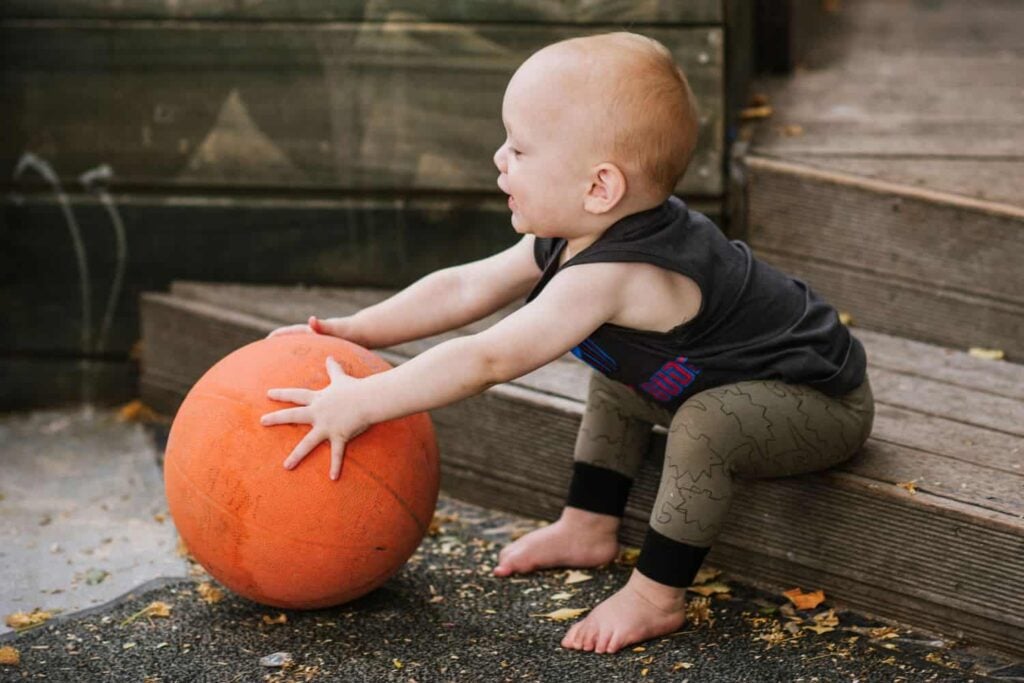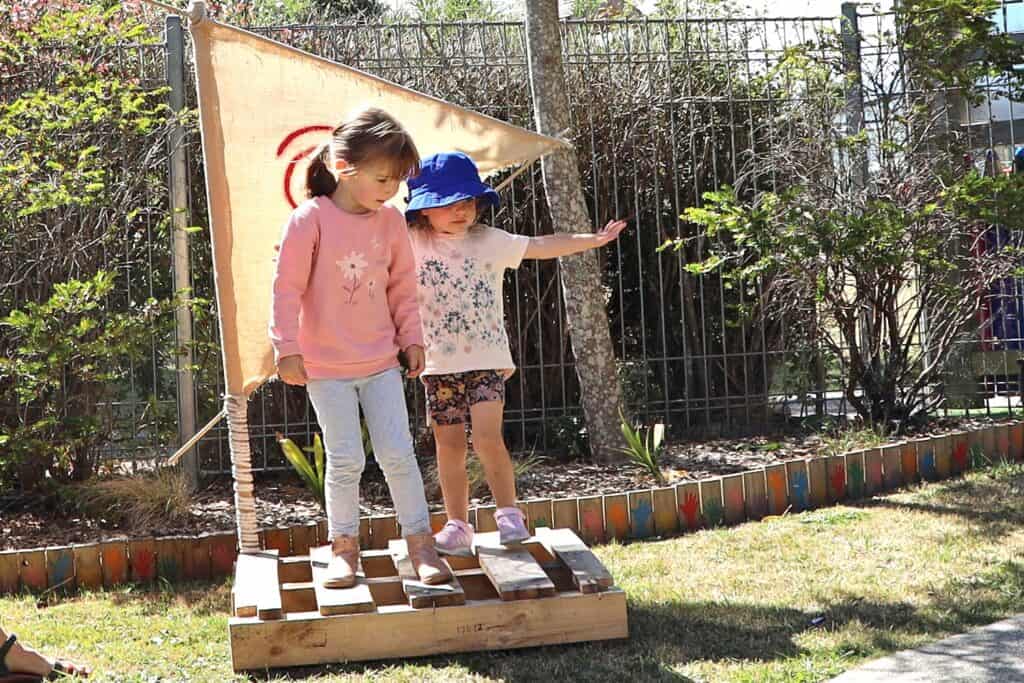Tēnā koutou katoa
Welcome to the Office of Early Childhood Education
The OECE is a national organisation for the ECE sector and public adviser, championing high-quality education and care for every child
View our positions
- Provides membership support to ECE services, teachers, researchers, and community partners
- Actively contributes to sector analysis, research, and policy development
- Advances evidence-based best practices that prioritise children’s interests and wellbeing
View the Code of Conduct for ECE Services
Get Unrestricted Access to NZ’s Specialist ECE NEWSROOM
National and local stories, expert analysis, commentary, and more.
Education Bulletin and Sector Notices
Free to sign-up and receive
Membership Services and Support for:
Teacher Member Posts

Sign Language and Baby (Child) Signing
Baby Signing.
What is baby (child) signing?History – how it developed and what the researchers discovered. Simple tips for getting started with baby signing. Examples of some baby signs that you can easily learn and teach to infants in your care.
Also see a related article on what a parent and ECE service says about this: Parents sig
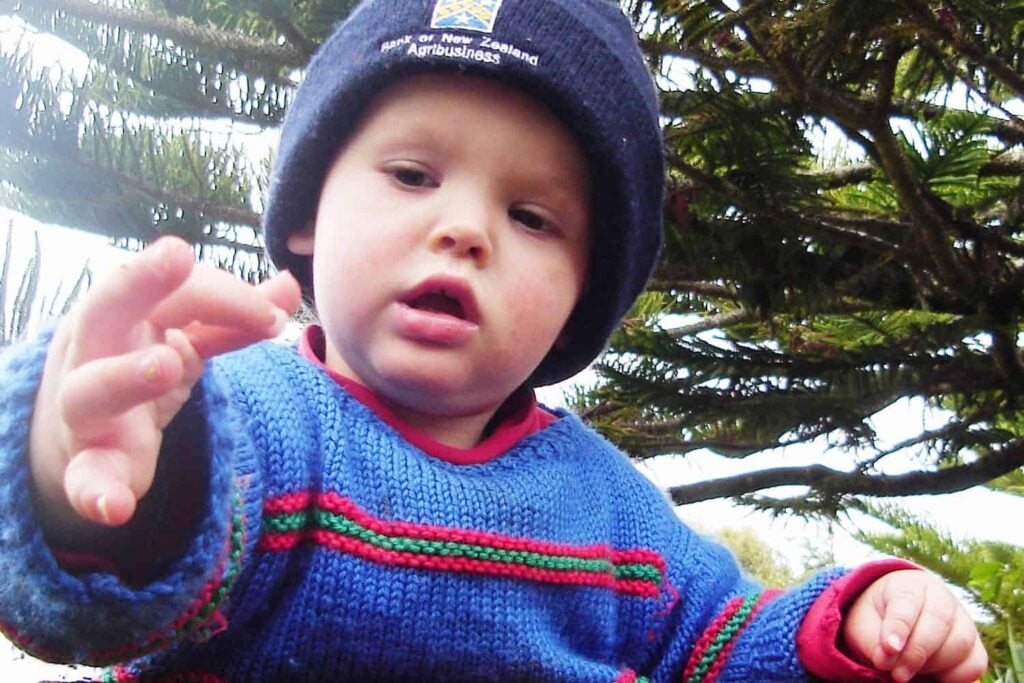
Young Children Becoming Curriculum: Deleuze, Te Whāriki and Curricular Understandings
Young Children Becoming Curriculum: Deleuze, Te Whāriki and Curricular Understandings by Marg Sellers.
In Young Children Becoming Curriculum, a book published within an international series on “contesting early childhood” author Marg Sellers makes her debut as an educational philosopher.
She has taken thinking and writing on children,

Sexual Abuse Disclosure by Children
Supporting Children’s Disclosure of Sexual Abuse. By Eric Hollis.
Many parents either are not aware that their child could be a victim at some time of sexual abuse or feel at a loss to know how to protect their children from possible sexual abuse. However, with as many as 1 in 4 girls and 1 in 8 boys falling prey to predators in New Zealand,
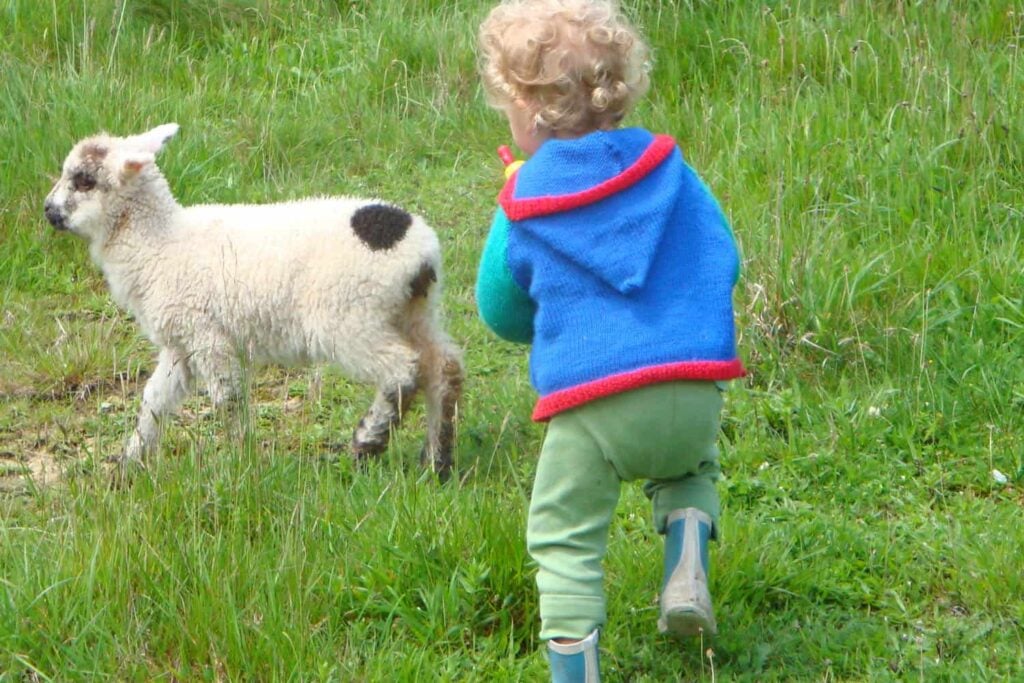
Farm Visit
Farm Visit with Children.
While the animals may not be as exotic as the ones you find in a zoo, going to a farm can still be a great day out.
It can be especially good for smaller children as they can usually get closer to the animals.
Try these ideas to increase the learning potential of your visit.
Talk about the animals you might
Service Provider Member Posts
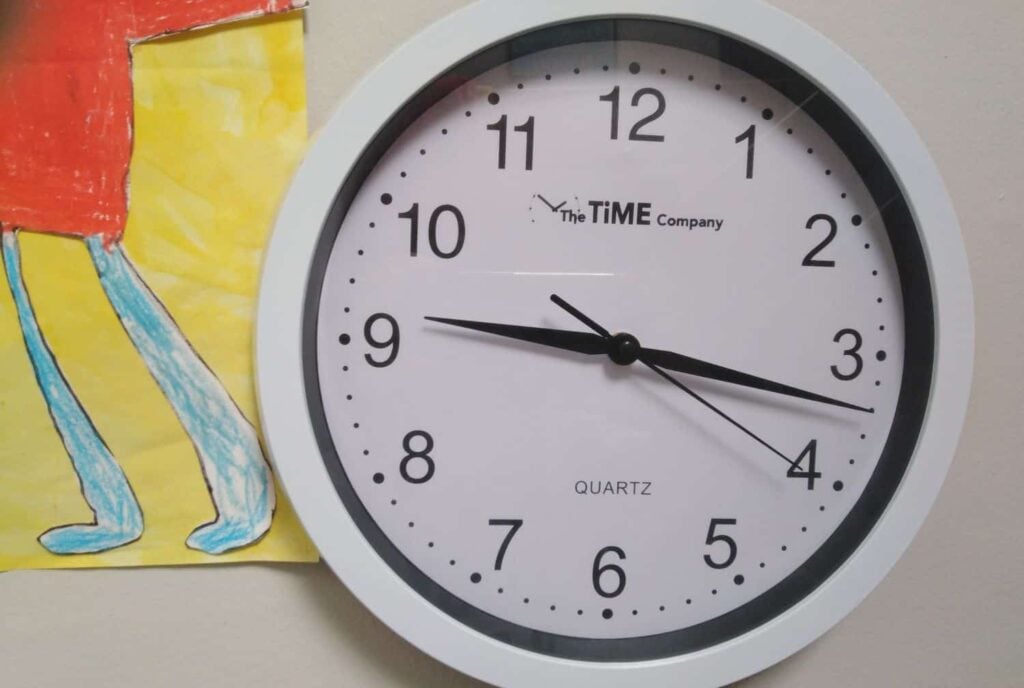
Staff Lateness for Work or Other Problem Behaviour
Here is what you need to know when deciding how to respond to an employee who is late for work.
Late for work – a one off or infrequent occurrence
If you pay the employer by the hour you are under no obligation to pay for time when the employee is not at work.
If an employee is late without a reasonable exp

Maximising 20-Hours ECE Funding Around Public Holidays
20-Hours ECE Changes.
When a service is closed for statutory holidays and is not providing care for children it does not receive funding.
Unfortunately this can mean a loss of income for a service, which is difficult especially when there are still wages and other costs to pay.
However, there is a trick to getting around this.  
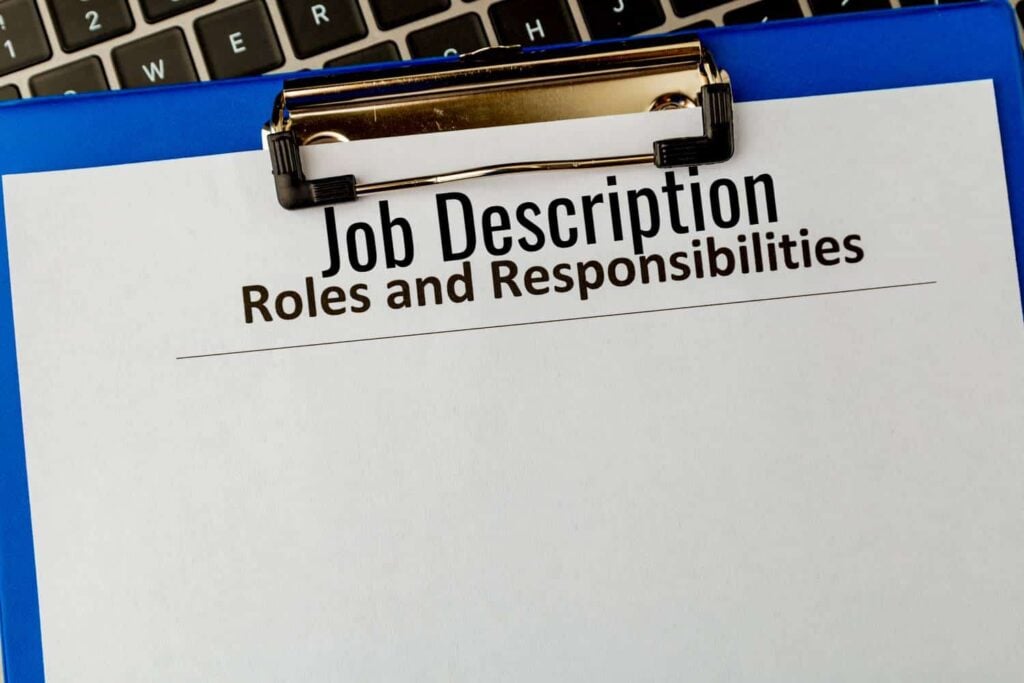
Job Description: Qualified Teacher
Here’s not only a template for a qualified ECE teacher job description but also a sample JD for you to use and adapt. If you would like more guidance and ideas go to the main article about writing JDs.
Template
Service name or Logo
Position description
POSITION/ ROLE:
E.g. Qualified early childhood teacher
POSITION/ ROLE TYPE:
E.g.
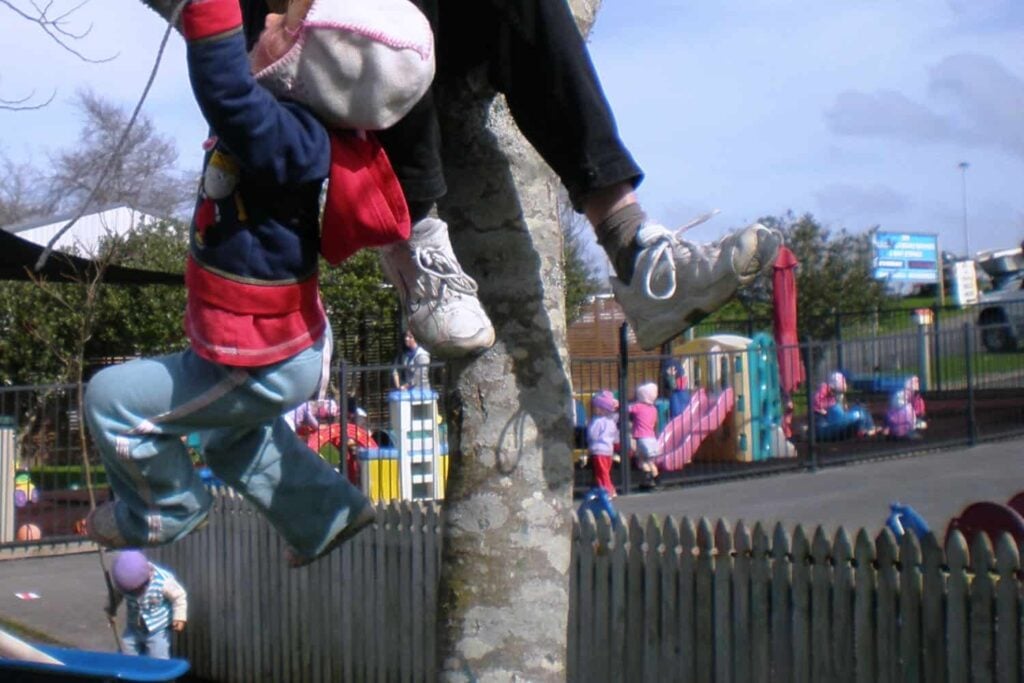
Playground Risk Assessment
When the Health and Safety at Work Act was brought in concerns were expressed by the education sector. For example, does the Act mean children can’t climb trees in ECE anymore?
Then there’s NZS 5828: Playground Equipment and Surfacing to think about.
Well the good news is that it’s pretty much all good news.
In this article we’ll look at how risk assessment, the HSW Act and NZS 5828 can combine to develop safety approaches that recognise the goal of Te Whariki: To grow up as competent, confident learners and communicators, healthy in mind, body and spirit.
Research Library – Today’s Featured Articles

Index for the NZ Research in ECE Journal, 2010, Vol 13
The titles, authors and abstracts for papers published in the NZ Research in Early Childhood Education Journal, Volume 13, 2010 are shown below.
To view any paper, scroll to the end of this page for copies.
Editorial
Andrew Gibbons and Helen Hedges
Joint Lead NZRECE EditorsNZRECE Journal, Vol. 13, 2010, pp. 1 – 4.
Abst

Early Childhood Teachers’ Emotional Labour
Research looking into how early childhood education (ECE) teachers experience emotional labour in their work – their workloads, emotional involvement, and work-life balance. Read the full paper below. Or to order a pdf copy of the article go to the main NZIRECE Journal page.

Retaining Early Childhood Teachers: What Factors Contribute to High Job Satisfaction?
The results of a study on why early childhood teachers leave their jobs and factors such as better adult-to-child ratios that contribute to satisfaction in the workplace. Read the full paper below. Or to order a pdf copy of the article go to the main NZIRECE Journal page.

Negotiating Policy-Driven and State-Mandated Expectations of Leadership: Discourses Accessed by Early Childhood Educators in Australia
Negotiating Policy-Driven and State-Mandated Expectations of Leadership: Discourses Accessed by Early Childhood Educators in Australia.
Louise Thomas and Joce Nuttall. Australian Catholic University.
Full Reference: Thomas, L., & Nuttall, J. (2014). Negotiating policy-driven and state-mandated expectations of leadership: Disc
What We Do
Resources
